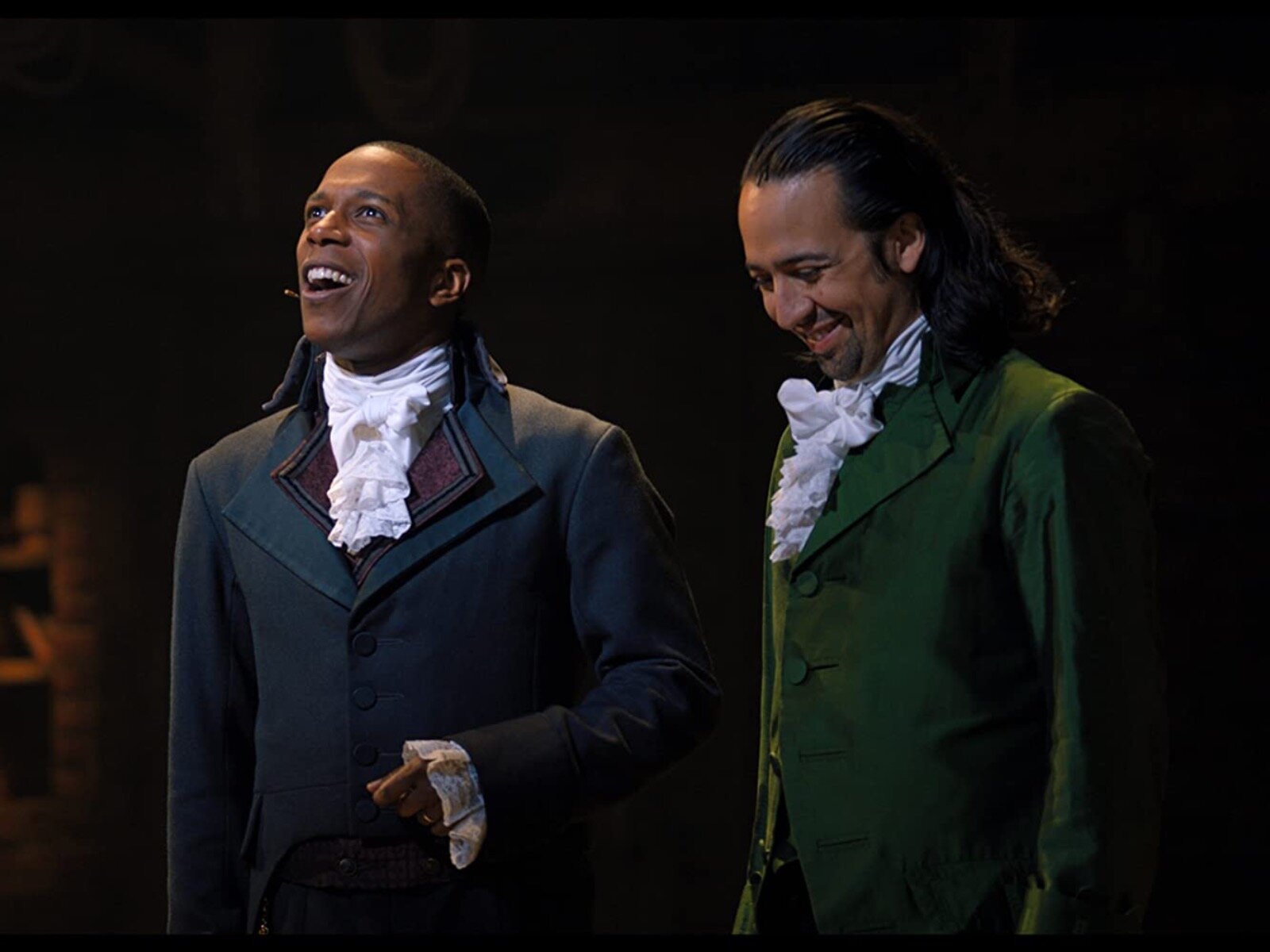If you were spitballing names for the ideal cast for a new grown-up dramedy, you might dream up something closely resembling the roll call for "This Is Where I Leave You."
The film, adapted from Jonathan Tropper’s novel of the same name, gathers together a terrific group of actors – Adam Driver, Jason Bateman, Tina Fey, Jane Fonda, Rose Byrne, the list goes on – and that’s just from a quick glance at the poster. There’s even more not pictured; Timothy Olyphant ("Justified") only gets name privileges, while funny guy Ben Schwartz ("House of Lies") doesn’t even get a mention.
It’s an impressive gathering of talented, charismatic performers (and Dax Shepard). Unfortunately, they’ve been assembled for a less than impressive movie, a trite and tonally bipolar dramedy that doesn’t deserve the embarrassment of charming, comedic riches at its disposal.
Bateman plays Judd Altman, just another one of the actor’s typical happily average, straight-laced everymen just waiting to be thrown off their comfortable course after receiving a middle finger from fate. In Judd’s case, the middle finger comes in the form of finding his wife in bed with his professional douchebag shock jock boss (Shepard). His mid-life discombobulation only gets worse when he gets a call that his father has passed away.
He briefly heads home to pay his respects and get a breath of fresh suburban air. However, according to his mother (Fonda) – overly open about everything from her family’s secrets to her enhanced bosom – their father’s final wish was for his grumbling grown up children to sit Shiva, transforming Judd’s quick visit back home into a week-long case of house arrest with his equally screwy siblings, who love and trust each other about as far as they can throw one another. At least Judd has an old crush (Byrne) to provide an escape from the family feuding.
Much like Judd, no-nonsense Paul (Corey Stoll, who played Ernest Hemingway in "Midnight in Paris") is having marital problems of his own, with his wife Alice (Katherine Hahn) and her desperate attempts to have a child putting a strain on the duo. Alice used to have a thing for Judd as well, something that endlessly amuses the clan's squirrelly man-child little brother Phillip (Driver). Not that Phillip doesn’t have his own issues to deal with, namely his relationship with an sweet older psychologist (Connie Britton) in which he’s constantly half out the door.
Then there’s their lone sister Wendy (an oddly accented Fey), whose loyalty to her soulless workaholic husband gets tested by moving back across the street from her true love, her high school sweetheart Horry (Olyphant). The only problem is that, thanks to an accident back from their dating days, he’s stuck mentally drifting. And the whole "she’s married" thing; there’s that too.
It’s a crowded house, with all sorts of characters, subplots and tones vying for attention. Unfortunately, Tropper’s self-adapted screenplay and hacky comedy director Shawn Levy ("The Internship," the "Night at the Museum" films) aren’t particularly adept at harnessing the mildly contrived, cliché chaos into a decent movie. It’s chaos all right, just not of a particularly amusing variety.
Tropper’s script goes for that Sundance-approved mix of emotional family heart-tugging drama and broadly goofy dysfunctional antics, but much like the Altman clan, they don’t get along very well. Tropper and Levy keep gracelessly slamming the two tones together, and they just don't mesh. A scene where siblings are crying and coping about the news of their father’s death transitions directly into Fonda yanking a tube out of her dead husband like she’s reenacting the "Dumb and Dumber To" trailer. Supposedly touching heart-to-heart chats come with juvenile punch lines, usually about fake breasts (shed a tear for the state of Fonda’s career, essentially stuck here playing a walking boob joke).
The two combating tones keep cutting each other down. The cloying drama makes the hijinks feel clunky and out of place, while the hijinks make the cloying drama feel cheap and unearned, with a soupy score and warm smiles trying to make up for the emotion that’s not there. There’s definitely a way to mix the two together (something like "50/50" comes to mind, an even tighter balancing act), but Tropper and Levy aren’t the guys to do it.
What would also help: some decent, fresh material. Both the comedy and drama elements of "This Is Where I Leave You" are bogged with clichés. The comedy relies on the same go-to broad elements – poop, pot and boobs – and set-ups. Meanwhile, the drama consists mostly of equally broad and trite arcs. Bateman’s character – and Stoll’s for that matter – proves that, next to explosions, Hollywood’s number one export is straight-laced dudes that just need to learn to loosen up and live a little, man.
They’re tired, but at least they’re better than Fey’s underdeveloped subplot, where Levy and Tropper both seem clueless of what to do with Olyphant, her brain damaged former lover. Is this funny (he wears hats with the tags on them) or serious? It lands on both and therefore neither. The same goes for a late reveal about a character’s recently discovered new sexuality. It’s neither satisfyingly funny, dramatic or even really resembling human behavior.
As a great man once said, however, nature does find a way. The cast, from almost top to bottom, is way too talented and effortlessly funny to go without digging a laugh or two up from the muddle.
Driver, with his devilish smirk and snappy delivery, is always maniacal fun on screen, and he brings a bit of depth to a familiar role. He’s a screw-up who’s very aware of shortcomings and his inability to do anything about them.
Though dreadfully underutilized, Britton and especially Hahn make the most of what they’ve got – mainly on the dramatic side of things – while Byrne, equally limited by her role (which, after seeing her gleefully untethered performance in "Neighbors," why would we want to do that?), instantly brightens up the screen whenever she gets the chance. Fey gets a few amusing zingers in there, and while it's far from his first time doing battle with a kooky family with a domineering matriarch, Bateman still has an entertaining way with his droll, put-upon delivery.
Best of all, they all consistently play well together on screen, bantering and bonding with easy chemistry and quick zip. The film’s high point is quite literally its highest point, when Driver, Bateman and Stoll bake themselves silly in a classroom. It’s a pretty standard scenario, but the three are so at ease goofing around, poking fun and giggling at each other. It’s one of the few moments in "This Is Where I Leave You" where humor and humanity happily work together. Otherwise, it’s Levy doing what he does best: getting a little out of a lot (case in point: "Date Night," probably the director’s best movie but still not up to the par of its stars).
It’s a pleasure watching all these people on screen together. It’s just a shame the gathering is for this movie, one that at best puts the functional in dysfunctional family dramedy.
As much as it is a gigantic cliché to say that one has always had a passion for film, Matt Mueller has always had a passion for film. Whether it was bringing in the latest movie reviews for his first grade show-and-tell or writing film reviews for the St. Norbert College Times as a high school student, Matt is way too obsessed with movies for his own good.
When he's not writing about the latest blockbuster or talking much too glowingly about "Piranha 3D," Matt can probably be found watching literally any sport (minus cricket) or working at - get this - a local movie theater. Or watching a movie. Yeah, he's probably watching a movie.







